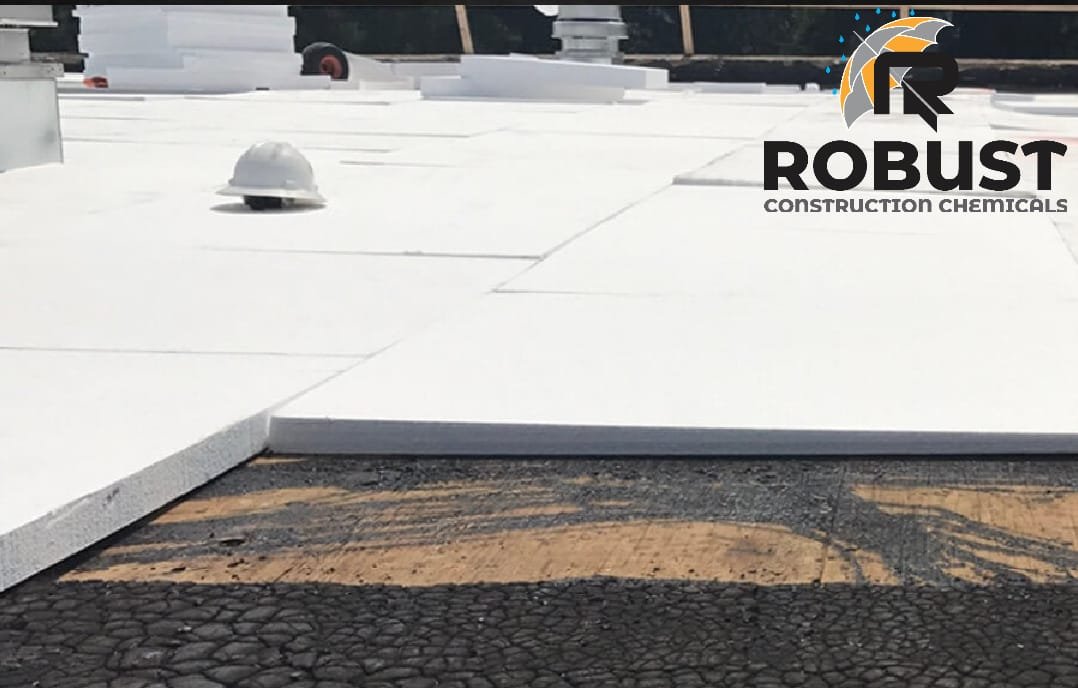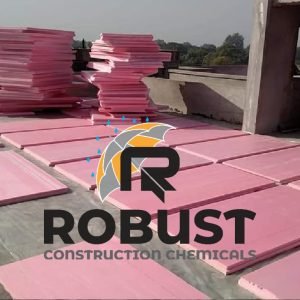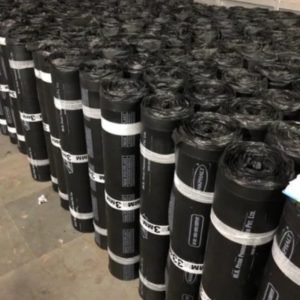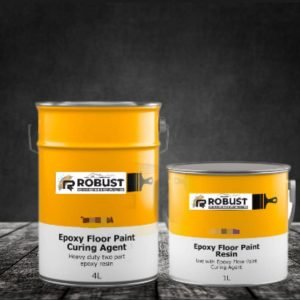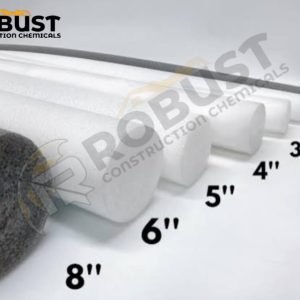- Robust Admin
- November 18, 2024
Robust EPS (Expanded Polystyrene) sheets, commonly known as thermocol, offer excellent thermal insulation, lightweight properties, and durability. Ideal for packaging, construction, and insulation applications, these sheets are highly versatile and eco-friendly.
Description
Robust EPS (Expanded Polystyrene) sheets, popularly referred to as thermocol, are a premium solution for a variety of applications, including construction, insulation, and packaging. Manufactured using advanced technology, these sheets provide superior thermal insulation, ensuring energy efficiency and comfort. Their lightweight nature makes them easy to handle, install, and transport, while their robust structure ensures long-lasting durability.
These sheets are highly resistant to moisture, chemicals, and weathering, making them ideal for use in both indoor and outdoor environments. Widely used in building insulation systems, they help maintain stable indoor temperatures, reducing energy costs. Additionally, their shock-absorbing properties make them perfect for packaging fragile and valuable items.
Eco-friendly and customizable in size and thickness, Robust EPS sheets are a reliable and sustainable choice for various industrial and personal applications.
